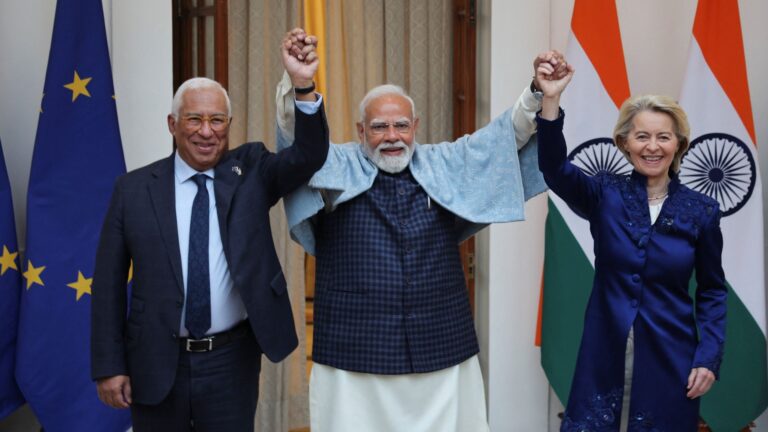
In a monumental diplomatic move, French President Emmanuel Macron announced that France will formally recognize the State of Palestine at the upcoming United Nations General Assembly in September 2025. This decision positions France as the first G7 nation and the most powerful Western European country to take such a step, sending ripples across the international community and igniting fresh debate on the future of the Israeli-Palestinian conflict.
A Long-Awaited Decision
Over 140 countries worldwide already recognize Palestine. This includes a dozen in Europe. However, France’s decision holds special importance. France is a nuclear-armed permanent member of the UN Security Council. It also has significant economic and diplomatic influence. Therefore, its recognition marks a notable shift among major powers. This announcement comes as global anger rises over the humanitarian crisis in Gaza. Ceasefire talks have also stalled.
For months, President Macron hinted at this move. He wanted to recognize the Palestinian state. This was part of a larger effort to keep the two-state solution alive. He stressed an immediate ceasefire in Gaza as the top priority. He also called for the release of all hostages. Large-scale humanitarian aid to civilians is also essential. Macron believes peace is possible.

The Two-State Solution: Israel and Palestine
France has always supported the two-state solution. This vision involves an independent Palestinian state living peacefully alongside Israel. This recent recognition directly supports that long-held principle. Macron sees this step not as a concession. Instead, it’s a vital diplomatic tool.
Most of the international community agrees with France’s position. They believe a viable Palestinian state next to Israel is the only way to resolve the old conflict. France’s move intends to boost diplomatic efforts.
Reactions from Palestine to US
- Palestinian Authority: Palestinian President Mahmoud Abbas and PLO Vice President Hussein Al Sheikh welcomed the decision. They thanked Macron. They noted it shows France’s commitment to international law. It also supports Palestinian self-determination. Hamas also called it a “positive step.”
- Israel: Israeli Prime Minister Benjamin Netanyahu strongly condemned the move. He claimed it “rewards terror.” Israeli Foreign Minister Gideon Saar called it absurd and unserious. He stated, a Palestinian state would be a Hamas state.
- United States: The U.S. strongly rejects France’s plan. Secretary of State Marco Rubio criticized it. He called it a reckless decision. He added it only serves Hamas propaganda and sets back peace. He said it was a slap in the face to the victims of October 7. President Donald Trump also downplayed Macron’s statement.
- Other European Nations: Spain, Ireland, and Norway formally recognized Palestine recently. However, Germany stated it has no short-term plans for recognition. It stressed the need for a Gaza ceasefire and humanitarian aid. UK Prime Minister Keir Starmer said recognition should be part of a full peace process after a ceasefire.
What Lies Ahead: A New Diplomatic Era?
France’s recognition of Palestine will be formalized at the UN General Assembly in September. Its immediate impact on the ground in Gaza or the occupied West Bank is largely symbolic. However, its diplomatic importance is immense. By being the first G7 nation to act, France hopes other major powers will follow. This could create a small momentum. It might also shift the global discussion.
China and Russia, also permanent members of the UN Security Council, recognize Palestinian statehood. With France joining them, the U.S. and U.K. could become more isolated within the council. This move highlights growing international frustration with the long conflict. It also shows the urgent need for a political solution. The path to lasting peace remains difficult. Nevertheless, France’s bold declaration is a powerful statement. It suggests that the hope for a two-state solution, could be achieved through diplomacy.
For more such informative articles, stay tuned at The World Times



